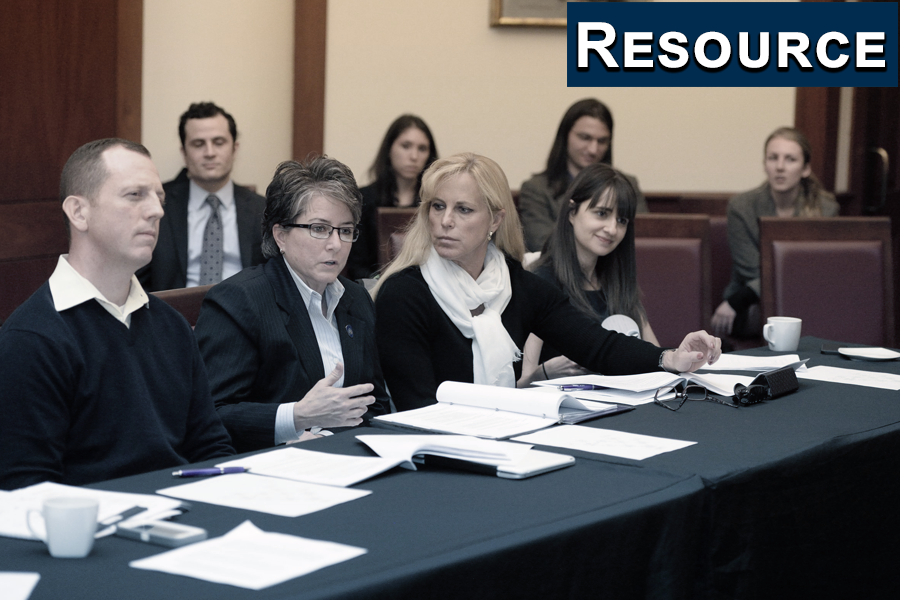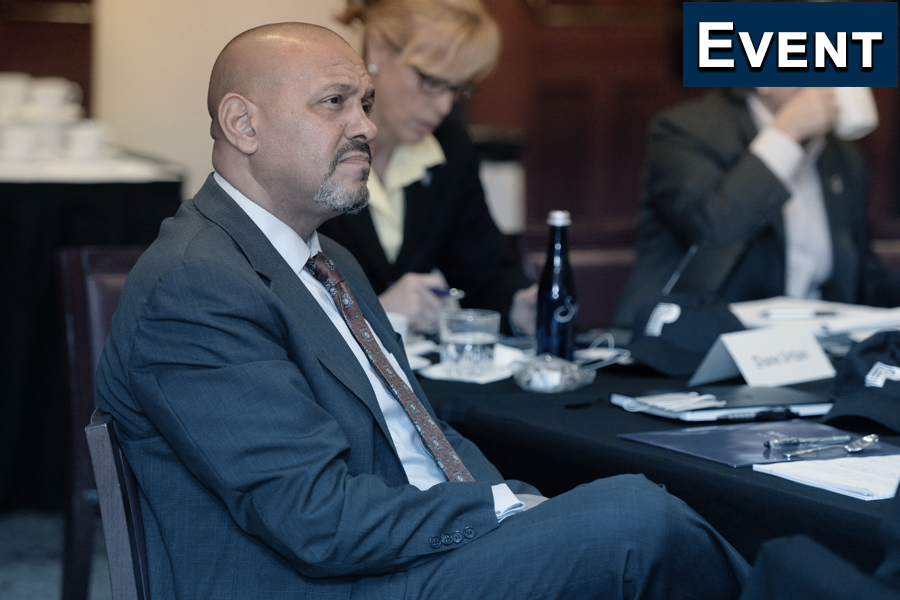Read the resource: Brief of the Policing Project as Amicus Curiae, U.S. Microsoft No 17-2 (.PDF)
Brief of the Policing Project as Amicus Curiae, U.S. v. Microsoft No 17-2
Overview
The Policing Project submitted its first brief in any litigation in the Supreme Court case United States v. Microsoft, No. 17-2. The issue in Microsoft was whether the Stored Communications Act of 1986 could be cited by law enforcement to force American companies to turn over digital data stored on servers outside the United States. The parties in Microsoft essentially agreed that Congress in 1986 did not consider (and could not have considered) the specific authorization here at issue—obtaining email off of foreign servers.
The Policing Project’s perspective on this case was unique: Although we agreed that Congress did not authorize the power the government seeks to exercise here, we care less about the specific practice at issue than the principle the Supreme Court should use to evaluate this type of case. We argued that whoever wins, the Supreme Court should make clear that the question is whether the legislature has expressly authorized the practice at issue—a bedrock principle of Democratic Policing. Our brief argued that courts should cast a skeptical eye on arguments that stretch narrow, decades-old statutory authorizations to reach new technologies or unforeseen contexts that Congress failed to cover expressly in the text it enacted.
Ultimately, before the Supreme Court could decide the case, and just as the Policing Project had urged, Congress stepped in with new legislation to amend the 1986 law to address this very issue.






